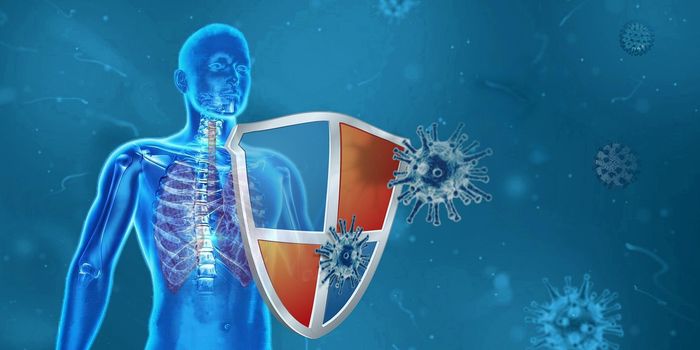New Treatment on the Horizon for Marburg Virus
For the first time, scientists have been able to gather evidence for a new antibody-based drug to treat people infected with the Marburg virus, a microorganism experts say has virtually the same “pandemic potential” as Ebola.
From the Scripps Research Institute, scientists are studying the structure of the Marburg virus to learn more about how to neutralize it. The virus was named for its discovery in 1967 in Marburg, Germany. Its reservoir host is the African fruit bat, Rousettus aegyptiacus, and an infection with the Marburg virus usually results in fever, chills, headache, and muscle pain.
There are no treatment options aside from going to the hospital, where medical professionals can provide fluids and electrolytes, maintenance of oxygen status and blood pressure, and treatment for complicating infections. For a person infected with the Marburg virus, the fatality rate falls between 23 and 90 percent.
The new research coming from the Scripps Research Institute is based on past findings where scientists worked with an antibody called MR191, which has been shown to neutralize the Marburg virus. In the new study, scientists discover and demonstrate how.
They started by designing a map of the virus’s structure to find out how MR191 targets the Marburg virus. They did so via a high-resolution imaging technique called x-ray crystallography. Apparently, MR191 neutralizes the Marburg virus by binding a certain spot on the surface of the virus, preventing it from using that spot to bind human cells and spreading infections.
"With this new structure, we can start to see how this treatment works," explained first author Liam King. "We have also learned new things about the virus itself that could lead to new treatments and vaccines."
The study also resulted in King and others identifying a few ways the Marburg virus is different from Ebola, meaning the new drug won’t be a one-size fits all solution. It also explains why the search for an effective Ebola virus has been fraught with obstacles.
Going forward, the study researchers plan on figuring out how mutations in the Marburg virus could potentially thwart the neutralizing effects of the MR191 antibody to be used in future drug development. Second-line treatments - backups - will always be needed. Meanwhile, researchers will go ahead with preparing clinical trials for the experimental antibody-based drug approach.
The present study was published in the journal Cell Host & Microbe.
Sources: Centers for Disease Control and Prevention, Scripps Research Institute









